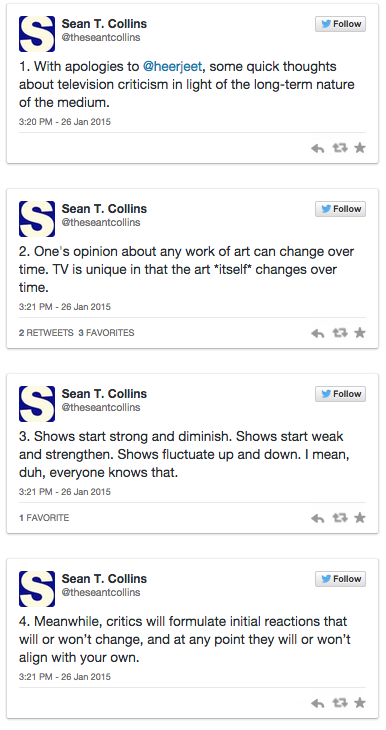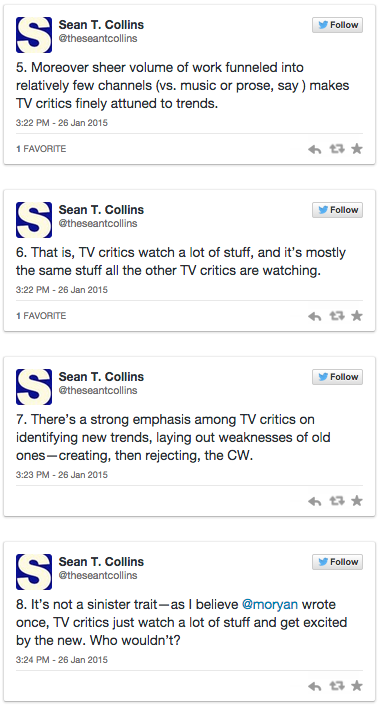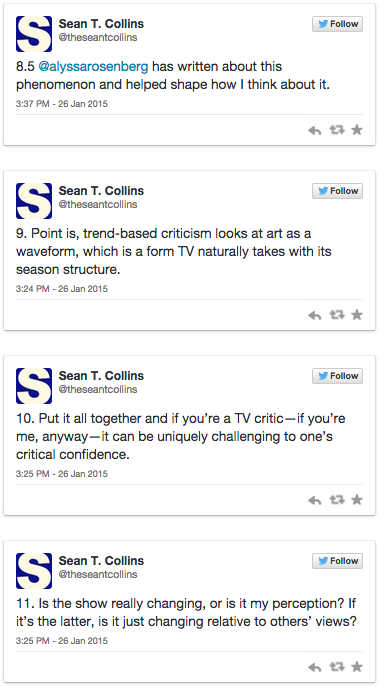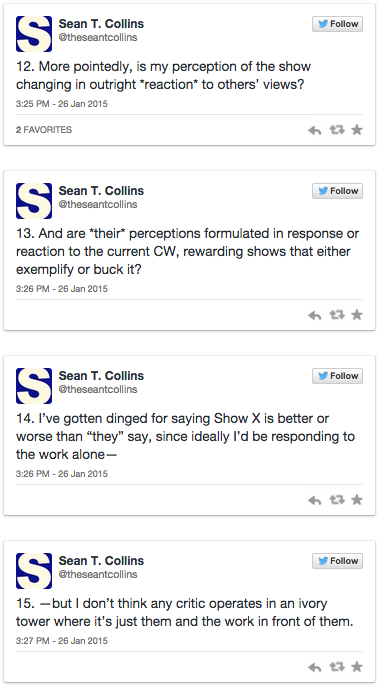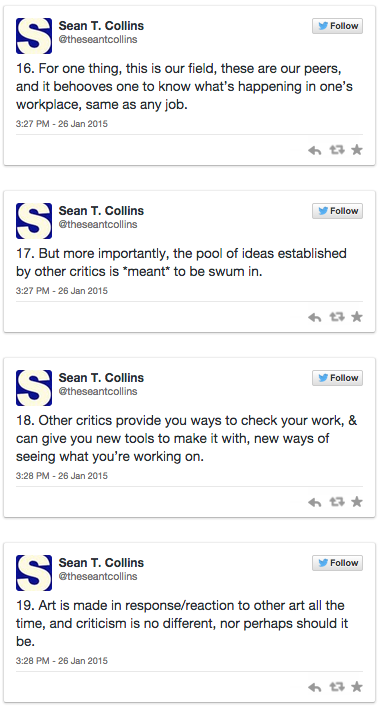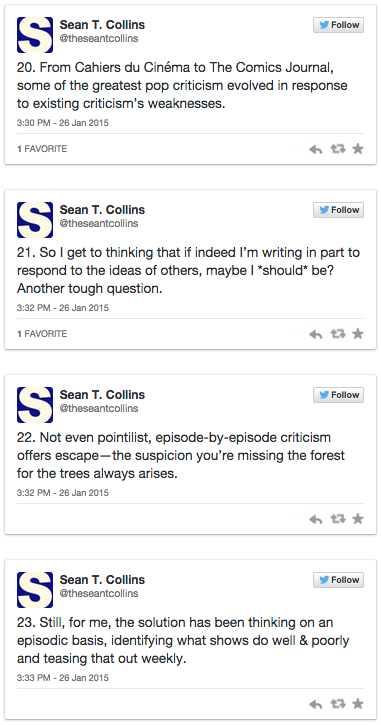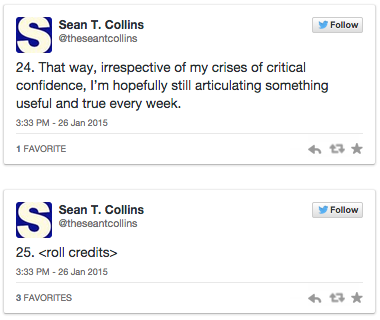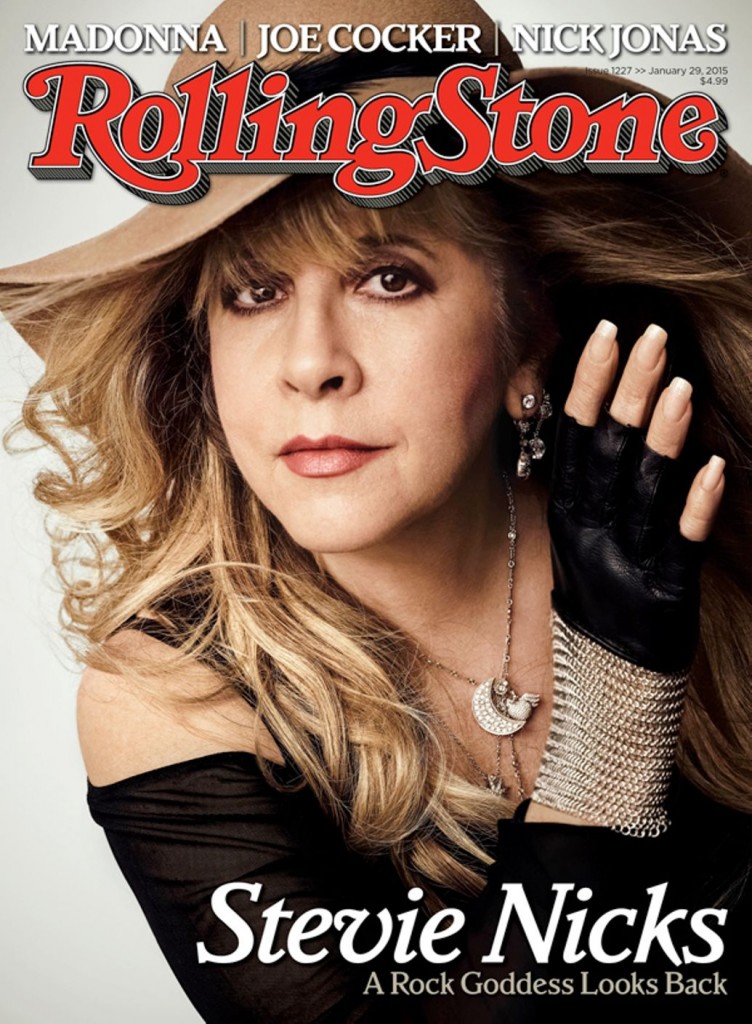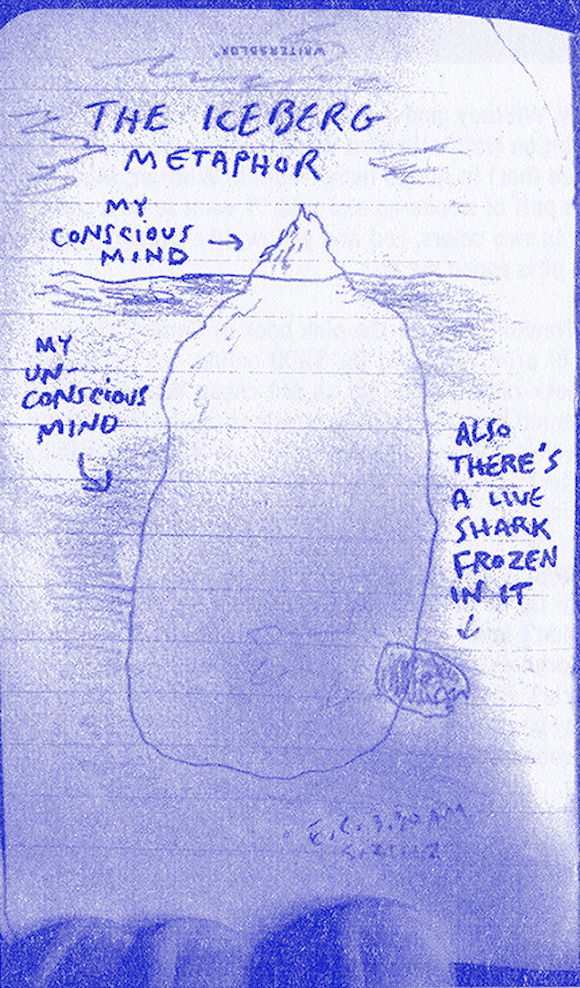Another rung lower on the generational ladder, Lady Mary continues to impress as one of TV’s least easy characters. Her self-possession and self-confidence are admirable, appealing, and, yes, very sexy traits, all the more so when she’s demonstrating them while sporting a stylish bob haircut and a gorgeously androgynous riding outfit. (Of course, everyone looked so good in that get-up — Lord Gillingham, Mr. Blake, Miss Mabel Lane Fox, Rose’s new beau Atticus Aldridge — that if the show suddenly became all horse-racing all the time I’d hardly complain.) Yet even at her best and brightest, she has an edge that’s hard to handle: joking to her rival-turned-ally Miss Fox that she showed up at the race looking hot so that Tony could see what he was missing, then telling Blake that she beat Mabel in the race despite the advantages of letting her be the first woman to finish because “I don’t believe in letting anyone win.” Then there’s her barely concealed contempt for her kid sister, which flares up even when Edith’s in extremis over the murder of her boyfriend Gregson in Hitler’s Beer Hall Putsch (!). Mary greets the situation not with empathy, but with exasperation so unfeeling as to be nigh unforgivable: “What did she think he was doing, living in a tree?” What a creep! Even here, though, we have to consider both that Mary doesn’t know all the facts (she’s in the dark about Edith’s daughter with the dead man) and that Edith is, indeed, behaving unreasonably, bordering on unstably. Just when you think you’ve got Lady Mary pinned down as hero or goat, face or heel, Fellowes and actor Michelle Dockery flip the script just enough to force you to reconsider.
I reviewed last night’s Downton Abbey for the New York Observer. I continue to like this show a great deal.

